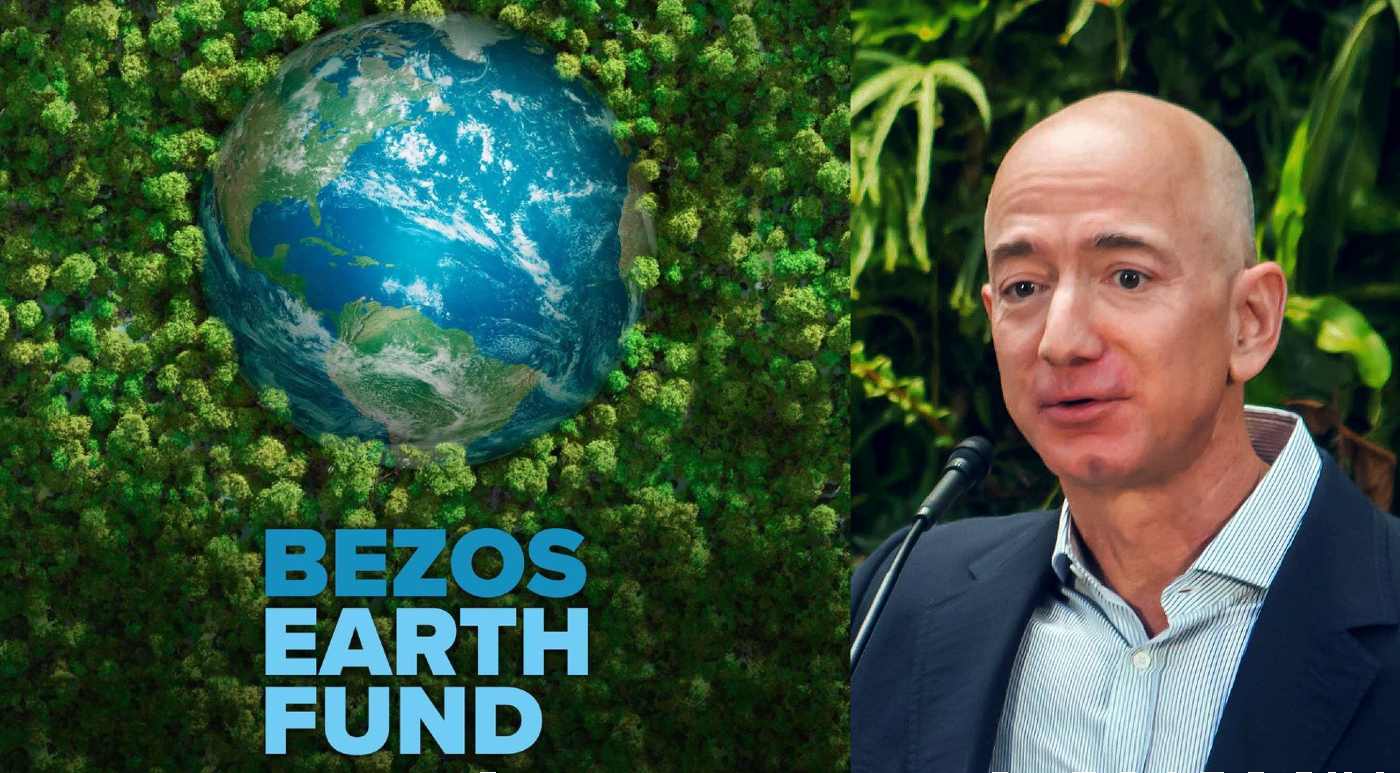Key Takeaways
- New Centre Launch: Imperial College London has launched the Bezos Centre for Sustainable Protein to develop alternative food products that are sustainable, nutritious, and affordable.
- Research Focus: The Centre will focus on precision fermentation, cultivated meat, bioprocessing and automation, nutrition, and AI.
- Funding Support: The Bezos Earth Fund is providing funding as part of a $100 million commitment to sustainable protein alternatives.
- Global Food Security: The initiative aims to address food security challenges and reduce the environmental impact of food production.
- Collaborative Efforts: The Centre will collaborate with industry partners and other institutions to commercialize new protein products.
Imperial College London Launches Bezos Centre for Sustainable Protein
Imperial College London has announced the launch of the Bezos Centre for Sustainable Protein, a new initiative aimed at developing innovative and sustainable food products. Funded by the Bezos Earth Fund, the Centre will focus on creating alternative proteins that are environmentally friendly, nutritious, affordable, and tasty.
A Multidisciplinary Approach
The Bezos Centre for Sustainable Protein will span across seven academic departments at Imperial, advancing research in precision fermentation, cultivated meat, bioprocessing and automation, nutrition, and AI and machine learning. This multidisciplinary approach aims to address the complex challenges of food production and sustainability.
Professor Hugh Brady, President of Imperial College London, emphasized the importance of this initiative: “Food security is one of the biggest challenges facing humanity. For a sustainable future, we need to ensure that people across the world can be fed adequately and nutritiously with minimal impact on biodiversity, climate, and our wider natural environment.”
Significant Funding Support
The Bezos Earth Fund is supporting the Centre as part of its $100 million commitment to developing sustainable protein alternatives. Dr. Andrew Steer, President and CEO of the Earth Fund, highlighted the urgency of this work: “By 2050, the world population will be over 10 billion, so now is the time to rethink the way we produce and consume food. This work will help ensure that our future includes more protein options – and that they taste great, are nutritious, and come at low cost.”
Addressing Food System Challenges
Protein is essential to human health, but traditional animal-based protein production requires extensive land use and generates significant greenhouse gas emissions. As the global population grows, the demand for sustainable protein sources will increase. The Centre aims to develop plant-based and microbial fermentation-based proteins, as well as cultivated meat grown from animal cells, to meet this demand.
Engineering Biology Innovations
The Centre will leverage engineering biology, which applies engineering principles to design and manufacture biological products. Using biofoundries, where cells act as mini-factories, the Centre will accelerate the development and scaling up of new bio-based processes. This includes producing components like healthy fats, carbohydrates, flavor, aroma, colorants, and vitamins more sustainably and efficiently.
Dr. Rodrigo Ledesma-Amaro, Director of the new Centre, stated: “The Centre’s ethos is that bio-engineered solutions can – and should – be both planet and people-positive. Imperial is uniquely positioned to harness the potential of engineering biology to accelerate the alt-protein revolution and transform global food systems.”
Collaboration and Commercialization
The Bezos Centre will collaborate with other institutions and industry partners to translate scientific discoveries into real-world applications. It will work closely with the Centre for Synthetic Biology, SynbiCITE, and the Centre for Translational Nutrition & Food Research, among others. These collaborations aim to educate the next generation of bioengineers and support the commercialization of sustainable protein products.
Dr. Andy Jarvis, the Earth Fund’s Director of Future of Food, remarked: “Later is dangerously too late if we’re to think about growing our world’s protein sources. Imperial College London has led pioneering efforts in the field of Engineering Biology, perfectly positioning the university to advance sustainable protein options that will satisfy the growing global masses.”
The Bezos Earth Fund’s Latest News
Bezos Earth Fund Commits $60M to Launch Centers for Sustainable Protein (2024/04/13)
At the Aspen Ideas: Climate event, Lauren Sánchez, Vice Chair of the Bezos Earth Fund, announced a $60 million commitment to establish Bezos Centers for Sustainable Protein to accelerate the development of alternative proteins. The new Centers will focus on reducing production costs, improving quality, and leveraging advancements in cell biology and engineering. This initiative aims to address the urgent need for innovation in feeding a growing global population sustainably and supporting food sustainability.
Transforming Food Systems: A Critical Climate Action (2023/12/04)
The Bezos Earth Fund announced $57 million in food-related grants at COP28, aligned with the global declaration to integrate food into climate goals more effectively. The funding targets areas such as making livestock more sustainable, protecting the Brazilian Amazon, promoting climate-smart agricultural practices, and catalyzing food systems transformation. The Earth Fund and over 16 philanthropic groups signed a statement of action committing to invest, advocate, and partner in achieving food security and sustainability in line with the Paris Agreement goals.



2 Comments